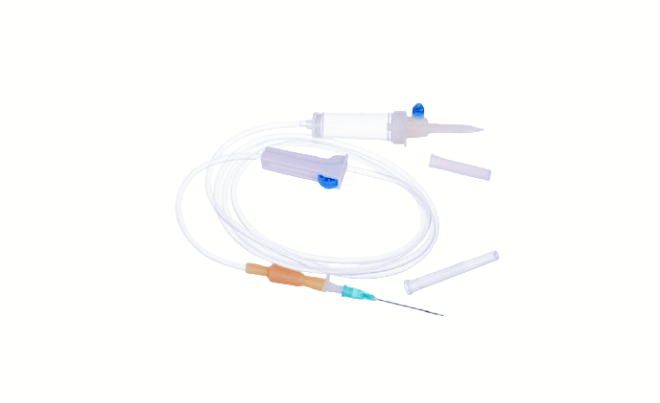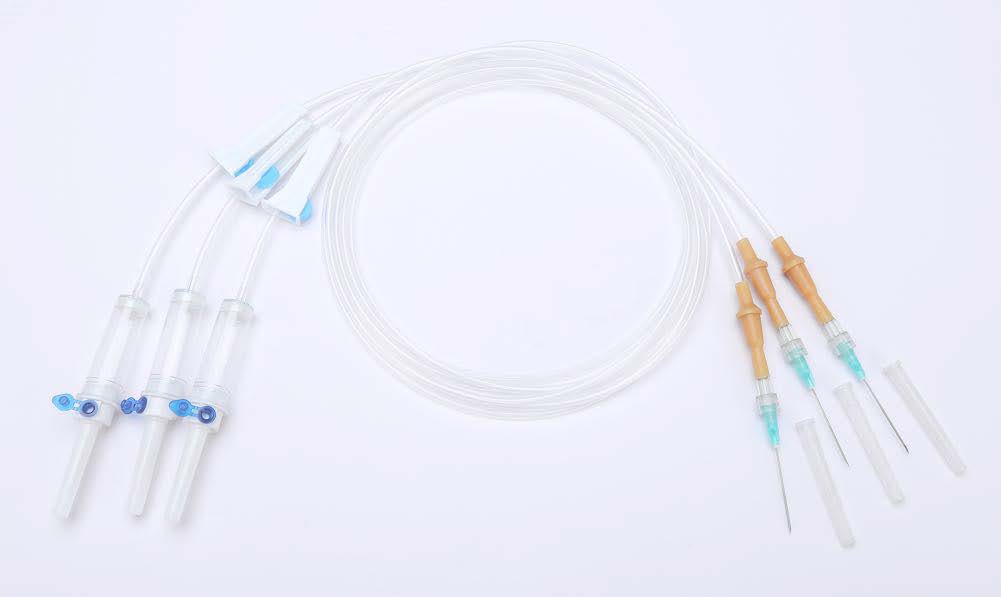Intravenous (IV) sets typically incorporate various types of filters to ensure the safe delivery of fluids and medications to patients. Here are some common types of filters used in IV sets:
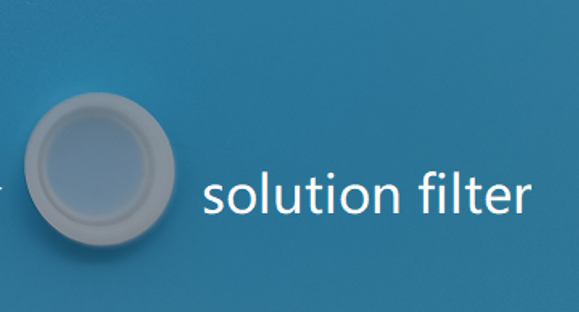
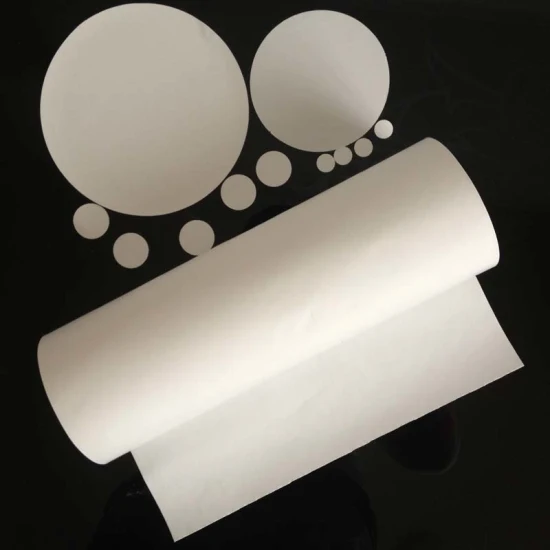
Types:
- Particulate filters: These filters are designed to remove particulate matter, such as debris, microorganisms, and aggregates from medications or fluids, preventing them from entering the patient’s bloodstream and causing harm.
- Air filters: Air filters, also known as air vents or air-in-line filters, are utilized to trap air bubbles that may be present in the IV fluid or medication. Air embolisms can be dangerous if they enter the bloodstream, so these filters help prevent such occurrences.
- Microbial filters: These filters are specifically designed to remove bacteria, viruses, and other microorganisms from IV fluids or medications, reducing the risk of infection when administering intravenous therapy.
- Membrane filters: Membrane filters utilize a semi-permeable membrane to selectively allow certain substances to pass through while blocking others. They are often used to remove specific contaminants or impurities from IV solutions.
- Drug-specific filters: Some medications require specialized filters to remove particulates or other impurities that may be present in the solution. These filters are tailored to the specific characteristics of the medication being administered.
- Chemical filters: Certain IV solutions may contain chemical additives or contaminants that need to be filtered out before administration to prevent adverse reactions or interactions with the patient’s body.
- Sterile filters: These filters are essential for maintaining the sterility of the IV solution during administration. They help prevent contamination of the fluid by bacteria, fungi, or other pathogens.
IV fluid particles filter
IV fluid particles can indeed be removed by filters in IV sets. Particulate filters, also known as infusion filters or particulate matter filters, are specifically designed to remove particles from IV fluids before they are administered to patients. These particles can include debris, aggregates, microorganisms, or other contaminants that may pose a risk if they enter the patient’s bloodstream.
Particulate filters typically consist of a membrane or porous material with specific pore sizes that allow fluid to pass through while capturing particles above a certain size threshold. These filters effectively trap particles and prevent them from reaching the patient, helping to maintain the integrity and safety of intravenous therapy.
The use of particulate filters is an essential safety measure in healthcare settings to minimize the risk of adverse reactions or complications associated with particulate contamination in IV fluids. Healthcare providers often follow strict protocols for selecting and replacing filters to ensure optimal filtration performance and patient safety during intravenous therapy.
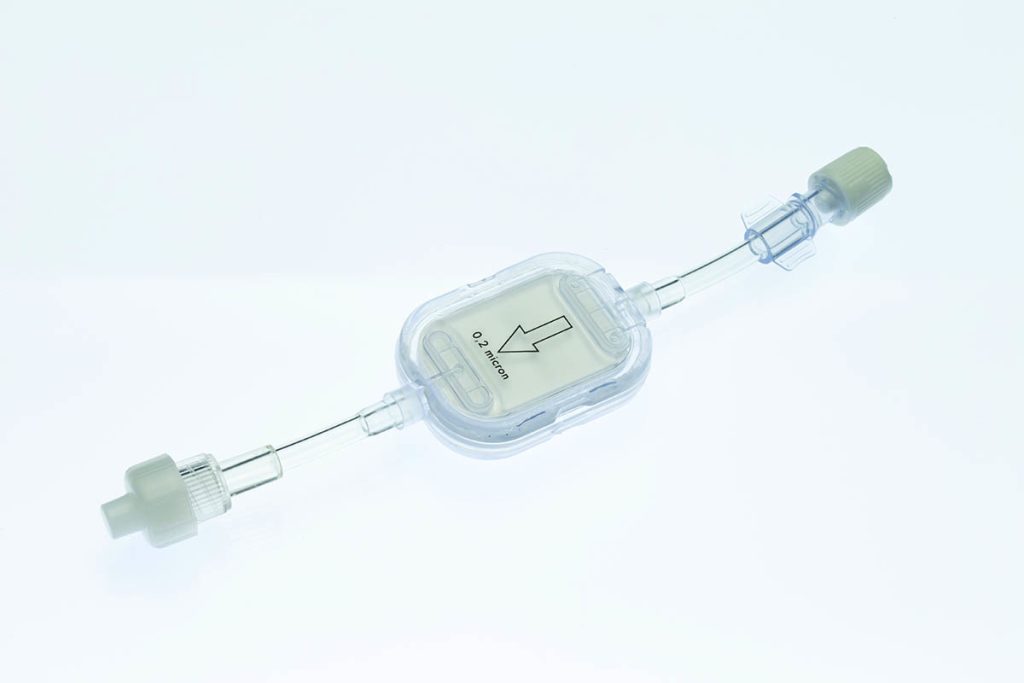
Vision Inspection Machine for IV bag
